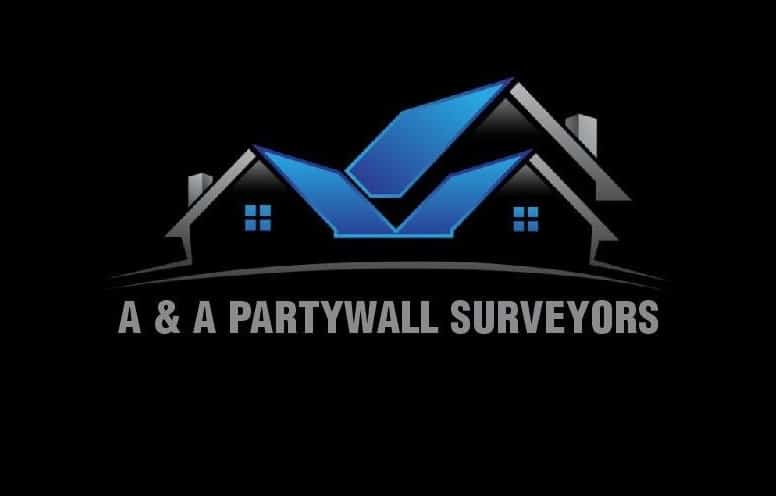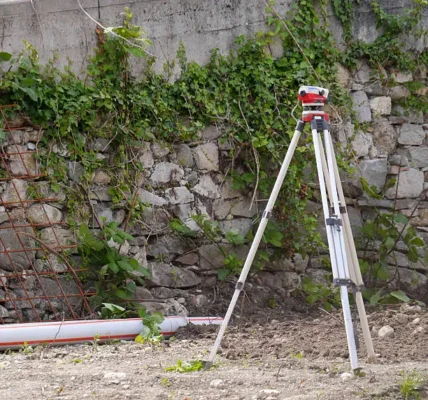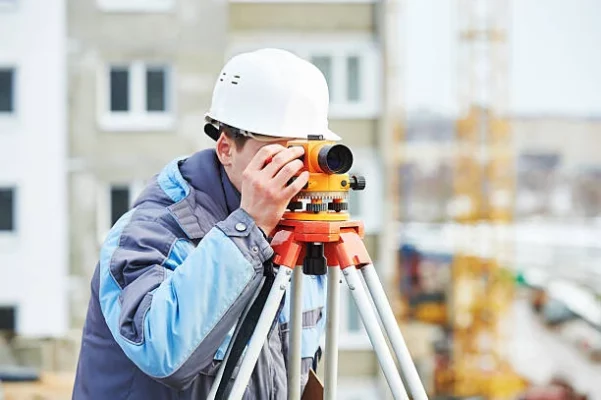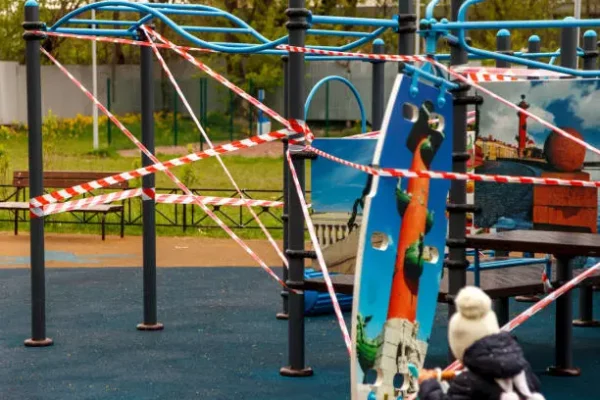Types of Party Wall Notices
Below are the three different kinds of building work that require you to give notice to adjoining owners:
A party structure notice: If you are doing work that may affect an existing party wall or floor separating parts of the building, or if you are planning a loft conversion and you need to cut into a party wall to insert the end of a beam, you must serve the notice on the adjoining owner.
A line of junction notice: this type is for building a new wall up to or off the party wall.
Adjacent Excavation Notice: When you plan for excavations within 3 or 6 meters of your neighbour’s building, it’s vital to note the significance of excavating within that range and the requirement to follow the notice period meticulously.
Other common works affecting the party wall that require a notice include injecting a damp-proof course into a party wall, underpinning, demolishing, removing projections, and thickening and rebuilding a party wall.
Who Serves the Notice?
The property owner or their agent, like a builder or architect, will do the work. They must serve the party wall notice as the 1996 Party Wall Act requires. Note: it must be served on all affected adjoining property owners. This includes any owner whose property shares a boundary with the property doing the work. It also includes any owner separated from the work by a party wall or party fence wall.
What to do if There are Multiple Adjoining Property Owners?
If there is more than one adjoining property owner, each owner must be served a separate notice, underlining the complexities involved in notification processes for party wall matters. It is recommended that it should be served by registered mail or by hand delivery in order to ensure that it is received by the adjoining property owner(s). The notice must be served. It should include a detailed description of the proposed work. This includes the start date and duration of the work and any risks or disruptions to the adjoining property. It is also recommended that the notice be served at least two months before the proposed start date of the work in order to allow sufficient time for the adjoining property owner(s) to respond and appoint a surveyor if necessary.
Other Types of Legal Documentation Required in the Party Wall Matters
Legal paperwork is very important when there are problems with a party wall because it helps make sure that everyone knows their rights and responsibilities under the Party Wall Act 1996. The two most important legal documents in party wall matters are the party wall agreement and the award.
Party Wall Agreement
The party wall agreement is a legal contract between the owner of the property doing the work and the owners of the properties next door that will be affected by the work. The agreement outlines the nature and scope of the proposed work as well as any measures that will be taken to protect the adjoining property, such as the appointment of a surveyor. The agreement may also include provisions for the payment of any costs associated with the work, such as surveyor fees or repair costs.
Importance of a Party Wall Agreement
The importance of the party-wall agreement lies in its ability to provide a clear and unambiguous record of the agreed-upon terms between the parties. This can prevent disputes or misunderstandings, especially in cases involving excavating within 6 metres of an adjoining property. They may arise during or after the work. It can also provide a basis for legal action if one party breaks the terms of the party wall agreement.
Party Wall Award
Following the resolution of any disputes that may arise during the work, the appointed surveyor issues the party wall award, which is a legally binding document. The award sets out the rights and obligations of each party, as well as any measures that will be taken to protect the adjoining property. The award may also have rules about how to pay for any costs related to the work and how to compensate the owner of the property next door for any damage or trouble caused by the work.
The Importance of the Party Wall Award
The party wall award is important because it can settle any disagreements that come up during the work in a way that is clear and legal, thereby avoiding potential disputes over shared walls. The award is binding on both sides and if one side doesn’t follow its rules, the other side can take legal action against them.
What Happens After Serving Notice?
When the notice about the proposed work is given, your adjoining owner has three options:
Give your consent, allowing your neighbour to proceed with the construction work.
If you don’t respond to the notice, your neighbouring building owner may hire a party wall surveyor to settle the dispute.
If the neighbouring owner doesn’t do anything within 14 days of receiving the notice, there seems to be a problem. Your neighbour will appoint a party wall surveyor, emphasizing the need for a shared wall agreement. To resolve the issue. Or you can also seek a surveyor to represent your interests.
If you are planning a renovation project or an extension, and the planned work has been established under the permit, serving the notice is a requirement to make the process easy, and it can save you from unnecessary delays.
Why Choose AAAPWS?
When it comes to party wall matters, including shared wall concerns, trust us to guide you through the process seamlessly. Whether you’re excavating near a neighbour’s property, altering an external wall, or need to serve formal notices, we’ve got you covered.
Our experts handle everything from preparing notices to negotiating agreements, ensuring full compliance with regulations. With our support, you can navigate the party wall process with confidence, including insights into party wall award and agreement details.
Count on us for efficient, reliable service that covers all aspects of the Party Wall Act. Reach out today for expert assistance tailored to your needs, including advice on the notice period required for party wall agreements.










